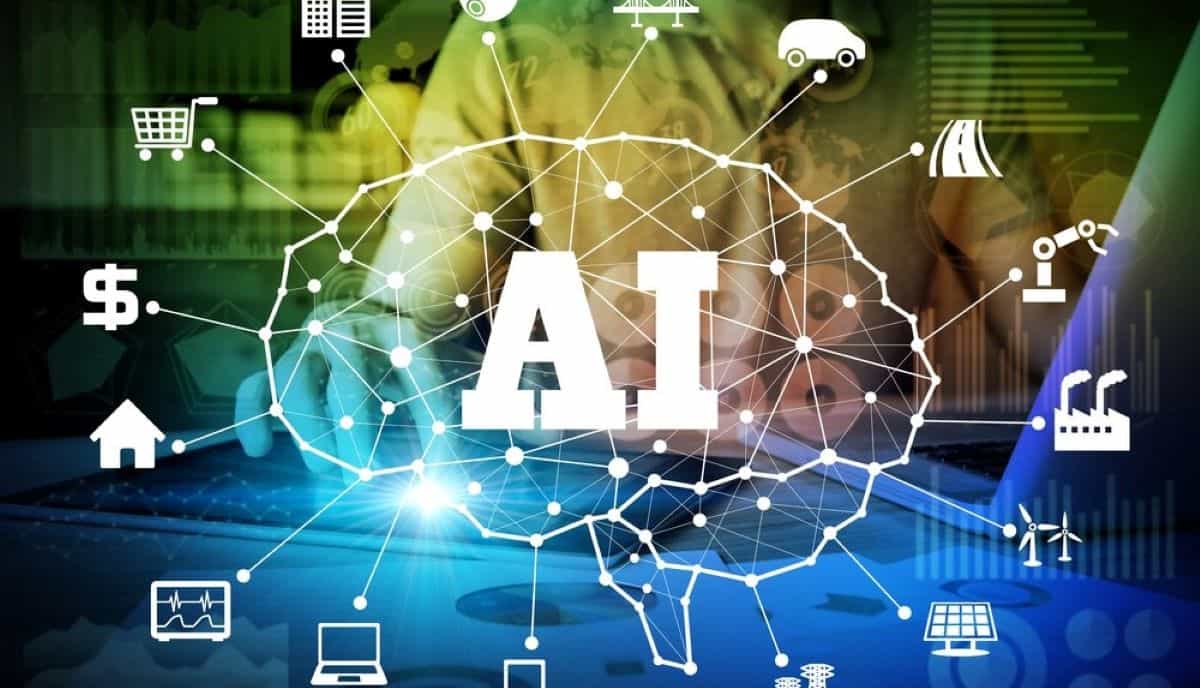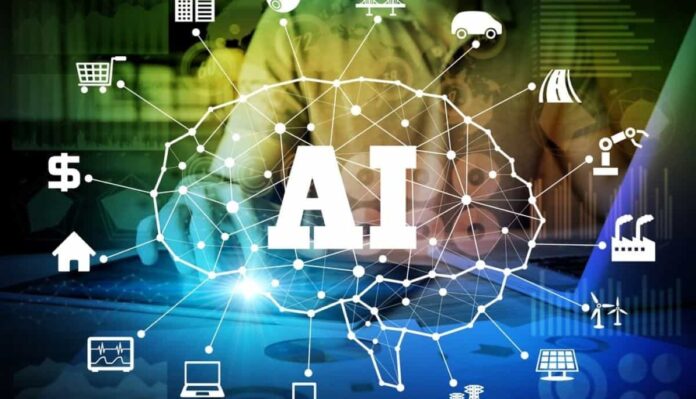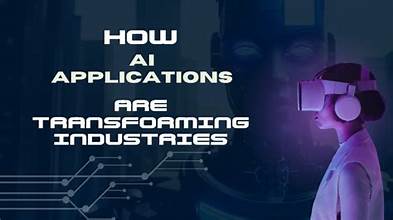In recent years, artificial intelligence (AI) has made leaps and bounds, emerging as a game-changer across various sectors. As we move into 2024, AI advancements are not just continuing but accelerating, profoundly transforming industries and reshaping the future of work and technology. This article delves into the key innovations in AI for 2024, exploring how they are revolutionizing industries and what that means for businesses and consumers alike.
1. AI in Healthcare: Personalized Medicine and Predictive Analytics
One of the most impactful advancements in AI is its integration into healthcare. AI is enabling the creation of personalized medicine, which tailors treatments to individual patients based on their genetic profiles and health data. For example, AI algorithms can analyze vast amounts of genetic information to predict which treatments will be most effective for specific patients, leading to more targeted and effective therapies.
Predictive analytics powered by AI is also transforming how diseases are diagnosed and managed. AI systems can analyze medical records, lab results, and even lifestyle data to predict the likelihood of developing certain conditions. This proactive approach allows for earlier intervention and preventive measures, ultimately improving patient outcomes and reducing healthcare costs.
2. AI in Finance: Enhanced Fraud Detection and Algorithmic Trading
In the financial sector, AI is revolutionizing how transactions are monitored and managed. Enhanced fraud detection is one of the most significant advancements. AI algorithms can analyze transaction patterns in real-time, identifying unusual activities that may indicate fraudulent behavior. This capability not only enhances security but also minimizes the risk of financial losses due to fraud.
Algorithmic trading is another area where AI is making a substantial impact. AI-driven trading systems can analyze market trends, news, and other data points to make investment decisions at speeds and accuracies beyond human capability. These systems are designed to optimize trading strategies and maximize returns, reshaping the landscape of financial markets.
3. AI in Retail: Personalized Shopping Experiences and Inventory Management
AI is also transforming the retail industry by enhancing the shopping experience and streamlining inventory management. Personalized shopping experiences are now more achievable thanks to AI algorithms that analyze consumer behavior, preferences, and purchase history. Retailers can use this data to provide personalized recommendations, targeted promotions, and tailored content, thereby increasing customer satisfaction and driving sales.
Inventory management is another critical area where AI is making strides. AI systems can predict demand for products based on historical data and market trends, helping retailers manage stock levels more efficiently. This reduces the risk of overstocking or stockouts, optimizing supply chain operations and improving overall profitability.
4. AI in Manufacturing: Smart Factories and Predictive Maintenance
The manufacturing sector is experiencing a transformation through the adoption of AI-driven technologies. Smart factories, powered by AI, leverage IoT sensors and advanced analytics to optimize production processes. These smart factories can monitor equipment performance in real-time, adjust operations dynamically, and ensure optimal efficiency and product quality.
Predictive maintenance is another significant application of AI in manufacturing. AI algorithms analyze data from machinery and equipment to predict when maintenance will be needed, preventing unexpected breakdowns and minimizing downtime. This approach enhances operational efficiency, reduces maintenance costs, and extends the lifespan of equipment.
5. AI in Transportation: Autonomous Vehicles and Traffic Management
The transportation industry is on the brink of a revolution thanks to AI advancements. Autonomous vehicles, powered by AI, are becoming a reality, promising to transform how we travel. These vehicles use AI to process data from sensors and cameras, navigate roads, and make real-time decisions, potentially increasing safety and efficiency on the roads.
AI is also improving traffic management systems. Advanced algorithms can analyze traffic patterns, weather conditions, and real-time data to optimize traffic flow and reduce congestion. This not only improves commuting experiences but also contributes to more sustainable and efficient urban transportation networks.
6. AI in Education: Personalized Learning and Administrative Automation
In the education sector, AI is enhancing both learning experiences and administrative efficiency. Personalized learning platforms use AI to tailor educational content to individual students’ needs, learning styles, and progress. This approach ensures that students receive the most relevant and effective instruction, potentially improving academic outcomes.
Administrative tasks are also becoming more streamlined thanks to AI. AI-driven systems can automate routine administrative functions such as grading, scheduling, and student enrollment. This allows educators to focus more on teaching and less on administrative burdens, ultimately benefiting the educational environment.
7. AI in Customer Service: Chatbots and Virtual Assistants
Customer service is another area where AI is making a significant impact. AI-powered chatbots and virtual assistants are increasingly used to handle customer inquiries and support requests. These systems can provide instant responses, handle routine tasks, and even escalate complex issues to human representatives when necessary. This not only improves customer satisfaction but also reduces operational costs for businesses.
8. AI in Agriculture: Precision Farming and Crop Management
AI is also transforming agriculture through precision farming and crop management. AI systems analyze data from satellites, drones, and sensors to monitor crop health, soil conditions, and weather patterns. This information allows farmers to make data-driven decisions on irrigation, fertilization, and pest control, optimizing yields and reducing resource usage.
9. AI in Entertainment: Content Creation and Recommendation Systems
The entertainment industry is experiencing a revolution driven by AI advancements. AI is being used to create content, from generating music and art to writing scripts and producing video games. This technology allows for the creation of unique and personalized content that caters to diverse audiences.
Recommendation systems powered by AI are also enhancing how content is discovered and consumed. Streaming platforms and digital media services use AI algorithms to analyze viewing habits and preferences, providing users with personalized recommendations and improving overall user engagement.
10. AI in Legal and Compliance: Document Analysis and Risk Management
In the legal and compliance sectors, AI is streamlining document analysis and risk management. AI algorithms can review and analyze legal documents, contracts, and compliance records more efficiently than human counterparts. This reduces the time and cost associated with legal research and ensures that organizations adhere to regulatory requirements more effectively.
Conclusion
As we advance into 2024, the role of AI in transforming industries is becoming increasingly evident. From personalized medicine and enhanced fraud detection to smart factories and autonomous vehicles, AI innovations are reshaping how businesses operate and how consumers interact with technology. These advancements promise to drive efficiency, improve outcomes, and create new opportunities across various sectors. Embracing AI technologies will be crucial for staying competitive and harnessing the full potential of this transformative force.










